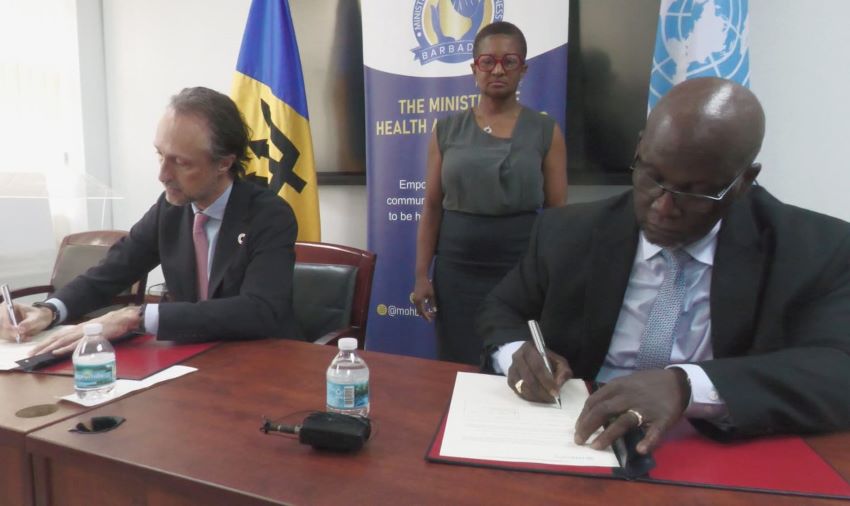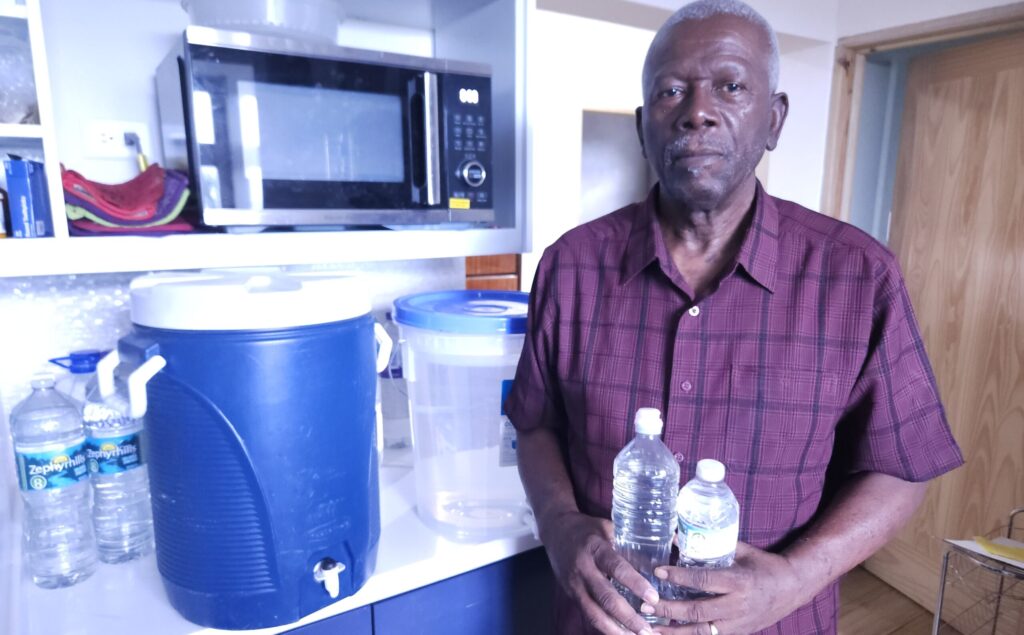The enjoyment of relatively smooth travel on our roads will come to an end next week when the long summer holiday for school children comes to an end.
The mad rush of parents trying to get their children to school on time, as they jostle with other workers and road users seeking to make their way to various offices and work sites, will present headaches.
The challenges surrounding transportation in this country are real. They confront those with vehicles who are battling the high cost of fuel and overcrowded roads, and people who are forced to use public transportation and must combat too many PSV drivers who display little or no care for the safety of those they are transporting.
The quality of public transportation and traffic jams which are occurring not only at peak times across the island are impacting productivity in the workplace and at school.
It is not uncommon to have secondary school children on our roads from as early as 6:00 in the morning – in rural and some urban areas – in an effort to ensure they have access to public transportation that will get them to school on time.
In any assessment of the current state of public transportation, one is forced to conclude that private enterprise involvement in transportation over the decades has been significant and extremely valuable.
The problem today is that public transportation has degenerated into something more akin to a free-for-all, and the orderliness for which Barbados was known has all but disappeared.
The recent viral video of a ZR driver entering a lane for oncoming traffic from the opposite direction is typical of the danger in which working-class Barbadians are forced to operate, just to get from one place to another.
While citizens with the privilege of owning a car can manoeuvre around such circumstances, a mother seeking to make it home to her children to prepare dinner or a man who has been working on a construction site all day and just wants to get home to relax, is unlikely to forcefully demand that an irresponsible public service vehicle (PSV) driver end his bad practices.
This was the comment of long-serving senior Barbados Transport Board official Lynda Holder to a Trinidad and Tobago-based blogger in a May 25, 2015 post: “Our cultural norm in Barbados is that your levels of achievement are measured by what type of car you have. So, one of the first things most people do when they have gotten a secure job, they purchase a car, seek to buy a car. And then you see that car change as they get more secure in their job.
“You will find that there are persons who, when you look at higher and lower-income, we can practically say off the top of our head that you will not find the higher income on the bus, because it’s not seen as the cultural thing to do.”
While we do not disagree with Holder, we challenge the idea that buying a car is a cultural thing. We suggest that most Barbadians with stable employment would prefer to buy a house and land first, and a car second.
Were there a clean, reliable, safe, well managed public transport system, more Barbadians would not be convinced of the idea that they needed to spend more than $50 000 on a new car.
The decision to dive deep into the substantial debt associated with the purchase of a vehicle, we submit, is prompted more by necessity and an inadequate public transportation system.
The plan, therefore, by the Ministry of Transport and Works to insist on mandatory training for PSV drivers as well as other reforms of the system, is a welcomed move.
Minister of Transport Santia Bradshaw this week outlined the need for sweeping new regulations aimed at improving road safety, curbing recklessness and fostering professionalism among operators.
“The time has come to take decisive action. We need to ensure that everyone who operates a PSV understands the weight of responsibility they carry on our roads,” she stated.
We submit that this is a first step. What is also required is reform of routes that are overcrowded – fostering cut-throat competition – while other routes are desperate for adequate coverage.
Moreover, we call for greater investment in public transport by the government as some critical services simply cannot be left to the market.
The post Transportation is a public good; it cannot be left to the market appeared first on Barbados Today.


